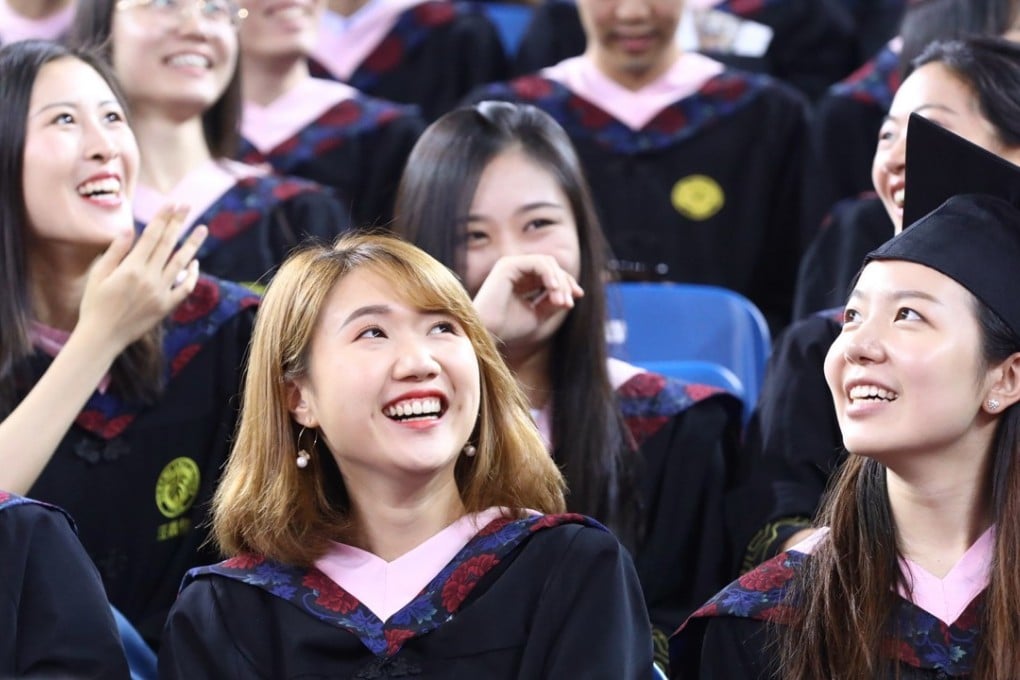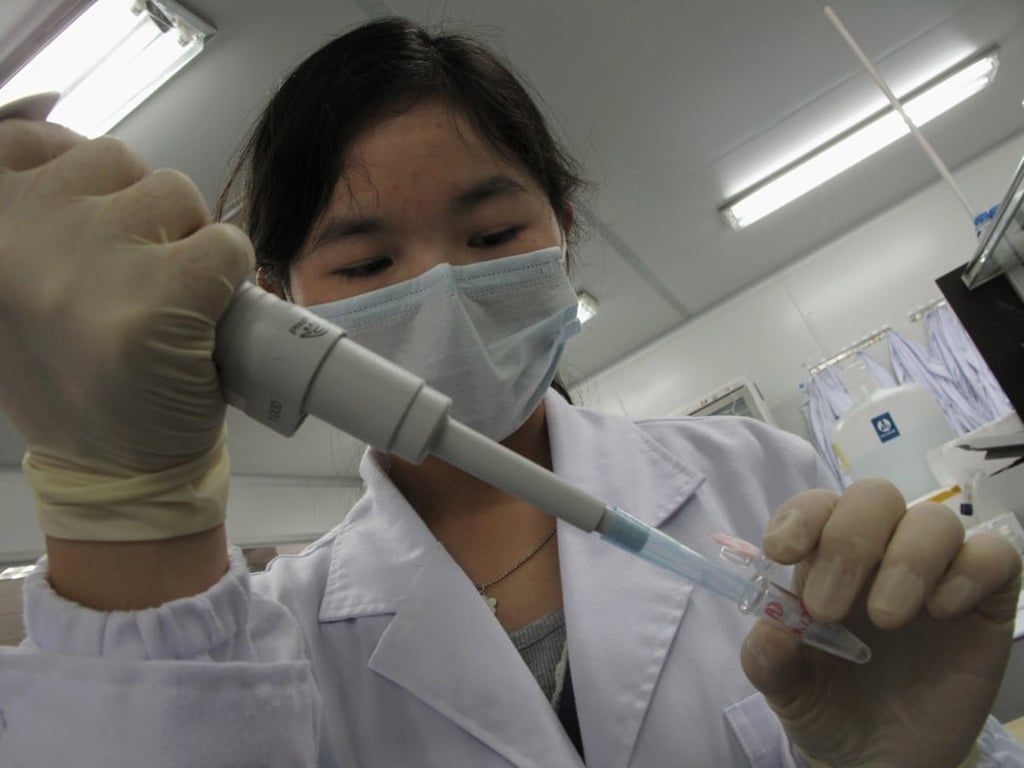The gender imbalance in China’s PhD studies: why women make up only a third of the cohort
Female students match their male peers at every other level of education in China; in the United States, women make up 52.1 per cent of doctorates

Women account for just over a third of PhD students in China even though they make up just over half the number of postgraduate students – a disparity some academics blame on social pressures, misogyny in the profession and even a fear of being unable to find a husband.
That figure stands out because women in China have reached parity with men at every other level in education – elementary, high school, college and graduate school.
According to Ministry of Education figures, women accounted for only 38.63 per cent of overall PhD students in China in 2016, but accounted for 50.6 per cent of all postgraduates.
But in the same year in the United States, women were awarded more than half of doctorates – 52.1 per cent – for the eighth straight year, according to figures from the Council of Graduate Schools.
Some observers say marriage and children change women’s priorities, but others point to the structure of China’s higher education system.
“There is a misogynist rhetoric against female PhDs who are labelled as a ‘third type’ of person, not male, not female,” said Xiao Hui, a professor of modern Chinese literature and culture at the University of Kansas.
